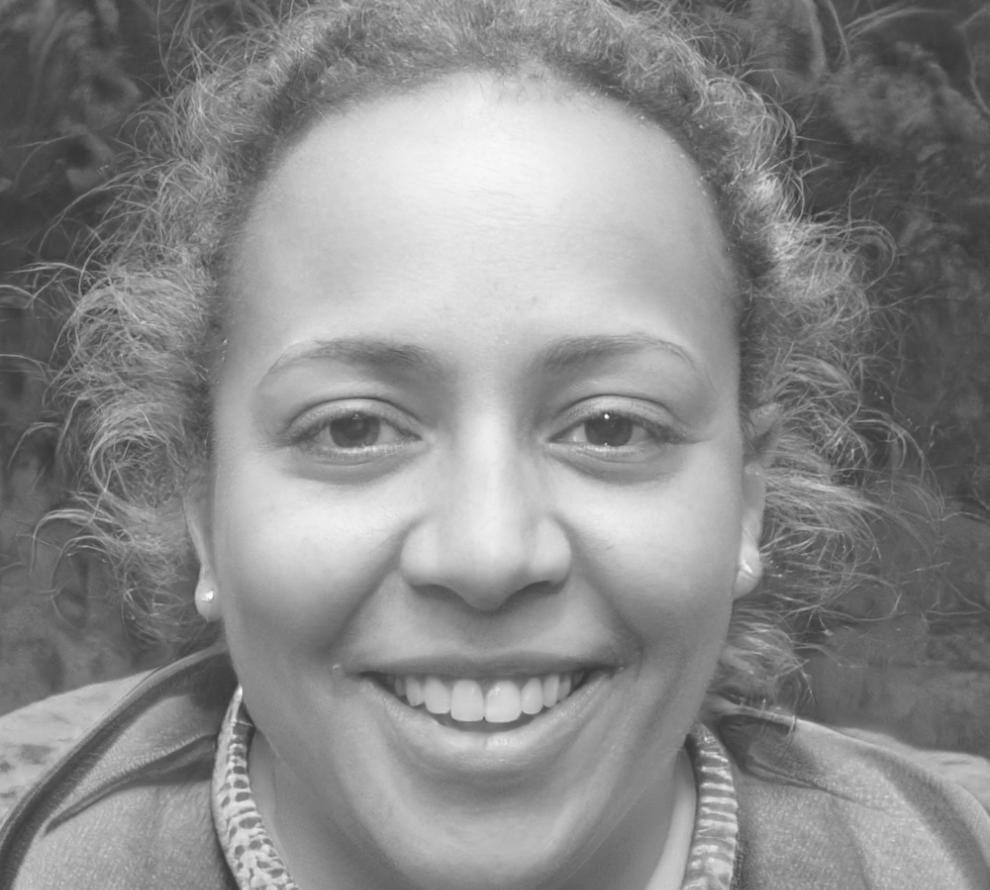Building Financial Plans That Actually Work
Most planning stops at spreadsheets and guesswork. We've spent years watching what happens when businesses get serious about their numbers. Real conversations. Honest assessments. Plans built around how money actually moves through your operations.
Explore Our Programs

Why Planning Falls Apart
Here's what we've noticed. Companies start with optimistic projections and end up surprised when cash doesn't stretch as expected. The issue isn't always the numbers themselves.
It's understanding where assumptions break down. Market conditions shift. Customers pay late. Expenses creep up in ways nobody anticipated during the planning phase.
Good financial work means building systems that catch these issues early. You need monitoring routines that flag problems before they compound. And honest conversations about what's realistic given your industry and operational constraints.
How We Structure Learning
Financial education shouldn't feel abstract. Our autumn 2025 program focuses on building practical skills through actual business scenarios.
Foundation Work
Start with cash flow mechanics. Not theory—how money actually moves through accounts, how timing affects decisions, and what indicators matter most for your situation.
Scenario Analysis
You'll work through realistic cases where assumptions get tested. What happens when revenue drops 15%? How do you adjust expenses without gutting operations?
System Building
Create monitoring frameworks that fit your business size. Simple tracking that tells you what's working and surfaces problems worth addressing immediately.
A Typical Journey
Starting Assessment
First month involves mapping your current financial processes. Where information lives, how decisions get made, what's tracked consistently versus when things slip through cracks. No judgement—just clarity about the starting point.
Building Core Skills
Months two through four focus on fundamental analysis techniques. Reading financial statements for insights, not just compliance. Understanding margin dynamics in your specific business model. Spotting early warning signs that matter.
Strategic Application
Final months shift to longer-term planning. Capital allocation decisions. Growth financing options and their real costs. Building budgets that connect operational goals with financial capacity.
Independent Practice
By program end, you're working on your own business case. Developing three-year projections with realistic assumptions. Creating monitoring dashboards. Preparing for conversations with banks or investors using language they understand.

Learning From Experience
Rhea's Background
Rhea Fontaine spent twelve years in corporate finance before teaching. She started in manufacturing accounting where timing mismatches between production costs and customer payments created constant stress.
That experience shapes how she approaches planning education. Theory matters less than understanding how businesses actually operate under pressure.
Teaching Philosophy
She focuses on pattern recognition. Not memorizing formulas, but developing intuition for when numbers don't add up properly. When growth projections assume things that rarely happen in real markets.
Students work through actual case studies from companies that succeeded and ones that struggled. The failures often teach more than success stories.
Current Focus
In 2025, Rhea's developing specialized content for service businesses. The financial dynamics differ significantly from product companies. Revenue recognition timing, capacity constraints, pricing models—it all works differently and requires adapted planning approaches.
Ready to Build Better Financial Systems?
Our next program starts in September 2025. Six months of focused work on planning skills that actually transfer to your business situation.
We work with small groups—typically 12 to 15 participants—so there's space for real discussion about challenges you're facing. Not generic advice, but specific guidance on your actual numbers and decisions.
Before committing, we recommend reviewing the preparatory materials. Basic accounting knowledge helps, but you don't need advanced credentials. Just willingness to dig into your business finances honestly.
